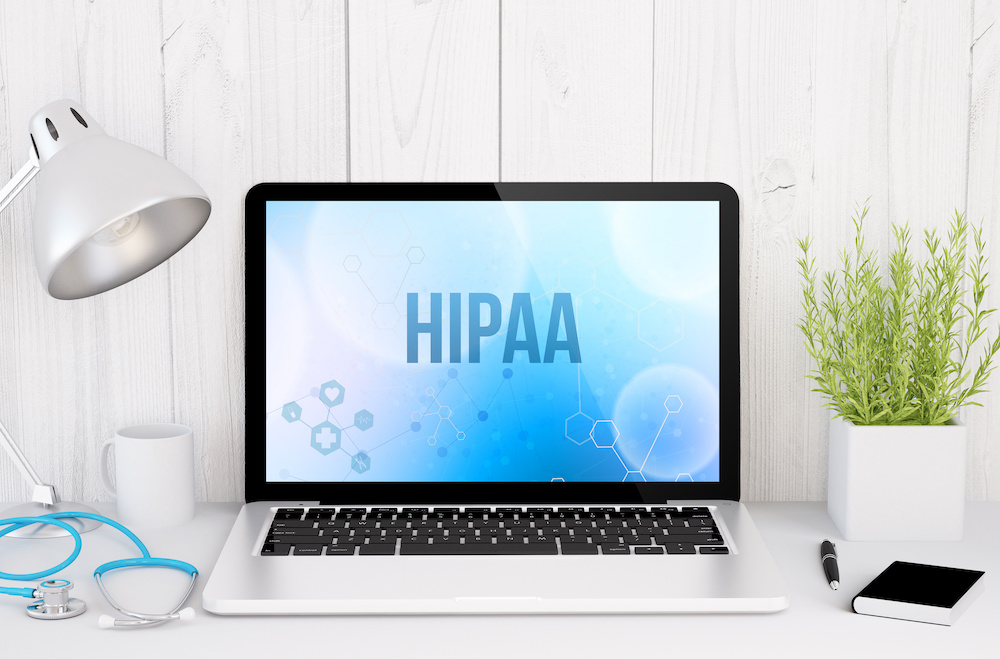Privacy Laws for Employers to Take Note of to Keep Employees Safe in the Time of COVID-19
The COVID pandemic has caused people from all over the world to become increasingly conscious and cautious about their health. With a larger emphasis placed on hygiene and the need for social distancing measures, it is clear that adjustments have to be made for situations. Businesses, in particular, are navigating the new normal by ensuring that the workplace is a safe environment for all employees. More attention has to be placed on enforcing health protocols and promoting cleanliness to mitigate the virus’s spread.
Given the changes that have to be made in the workplace, employers are now faced with the challenge of protecting their employees from the virus without violating their privacy rights. Regardless of the circumstances, you must continue to uphold your employees’ right to privacy. However, this does not mean that you will be unable to help towards the efforts to contain the virus. Below, you will learn more about the privacy laws to take note of to prevent getting into legal issues as you resume business operations.
Americans with Disabilities Act (ADA)
Although the ADA tackles individuals with disabilities, its rules still hold in the case of COVID-19, which means you must honor your employees’ right to medical privacy. The law also restricts employers from asking for an employee’s medical history and regulates any form of medical examinations to be conducted.
However, the COVID-19 situation has brought about unique challenges that make employers understandably more concerned about their employees’ health. Thus, the Equal Employment Opportunity Commission (EEOC) has provided guidelines on how you can take precautions to keep your workforce healthy. As such, you are allowed to ask your employees about things like whether they are experiencing flu-like symptoms, possible exposure to the virus after traveling, or the like. That said, you must still practice caution and limit the extent of your inquiries to information that is important for work.
You are permitted to send employees home if they exhibit any flu symptoms, and before allowing them to return to work, make sure to seek proof of their condition. If any of your employees contract COVID-19 or test positive for the virus, you will also have to inform all your other employees of their potential exposure.
 HIPPA Privacy Rule
HIPPA Privacy Rule
Based on the HIPPA rule, healthcare providers and professionals are required to protect their patients’ medical history and health records. The same rule applies for business owners who may come across their employees’ medical information. Such information must be kept confidential and stored separately from personnel records to ensure that no identity is revealed.
Acknowledgment Forms
While these are not strictly privacy laws, acknowledgment forms can be helpful during this time of uncertainty. Since employers cannot ask employees to waive their rights, a better way to approach this concern is to have them sign acknowledgment forms. This form can include points like the company’s efforts to make the work environment as safe as possible and address privacy concerns related to employees’ health-related information.
Acknowledgment forms can help relieve employees of anxiety, especially now that they are unsure about how things will change in the workplace. These can also help you prevent facing liabilities or litigations and getting caught up in legal issues.
With the present situation necessitating changes in the workplace, employers face new challenges related to maintaining their employees’ rights. As such, learning about the appropriate privacy laws will help you protect your employees’ privacy while also slowing and preventing the virus’s spread. The transition into the new normal is certainly not easy, but with the right protocols and safety measures in place, you will be able to create a healthy work environment for your employees.
https://www.fbm.com/publications/coronavirus-and-employee-privacy-laws-what-employers-should-know/
